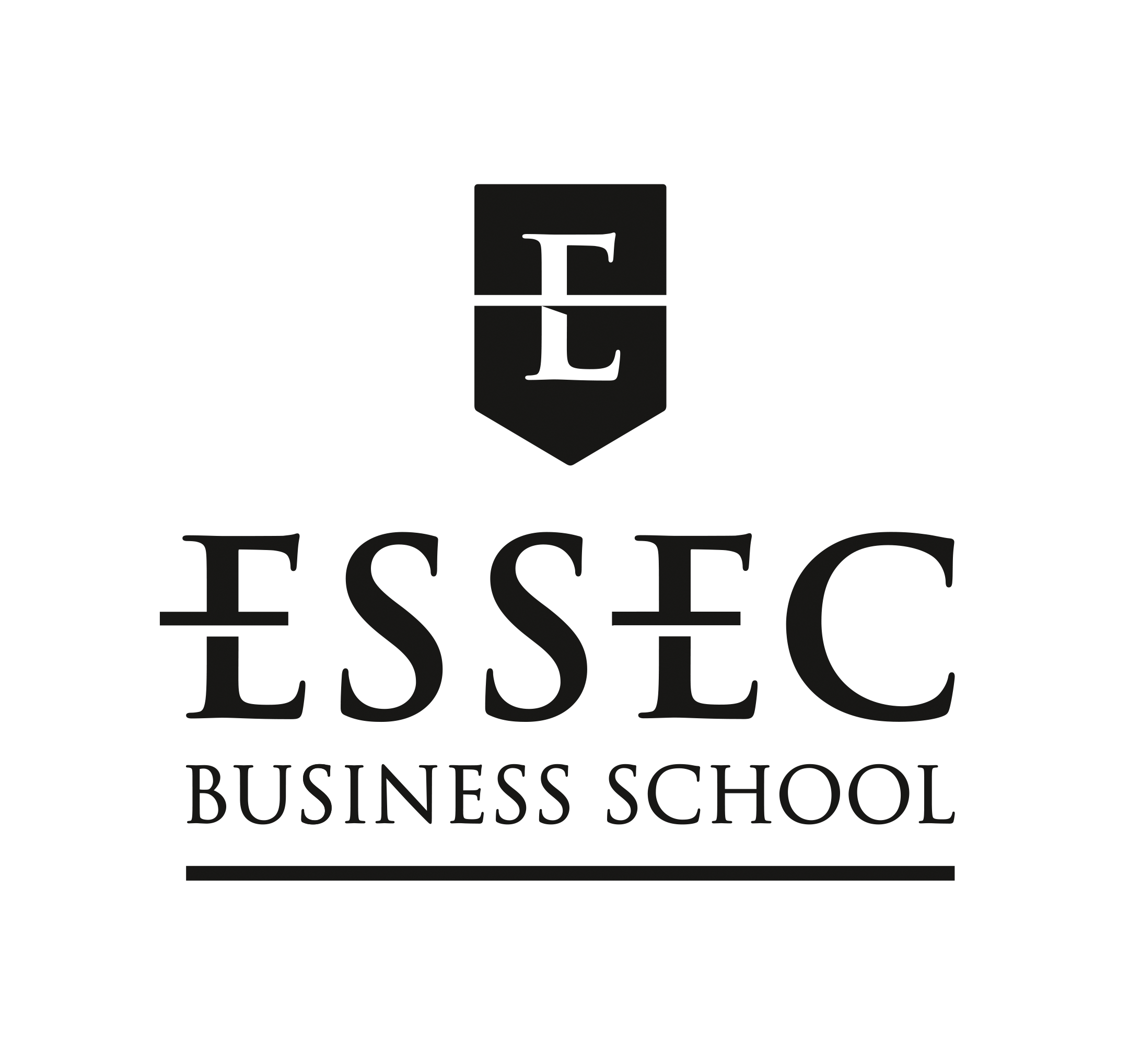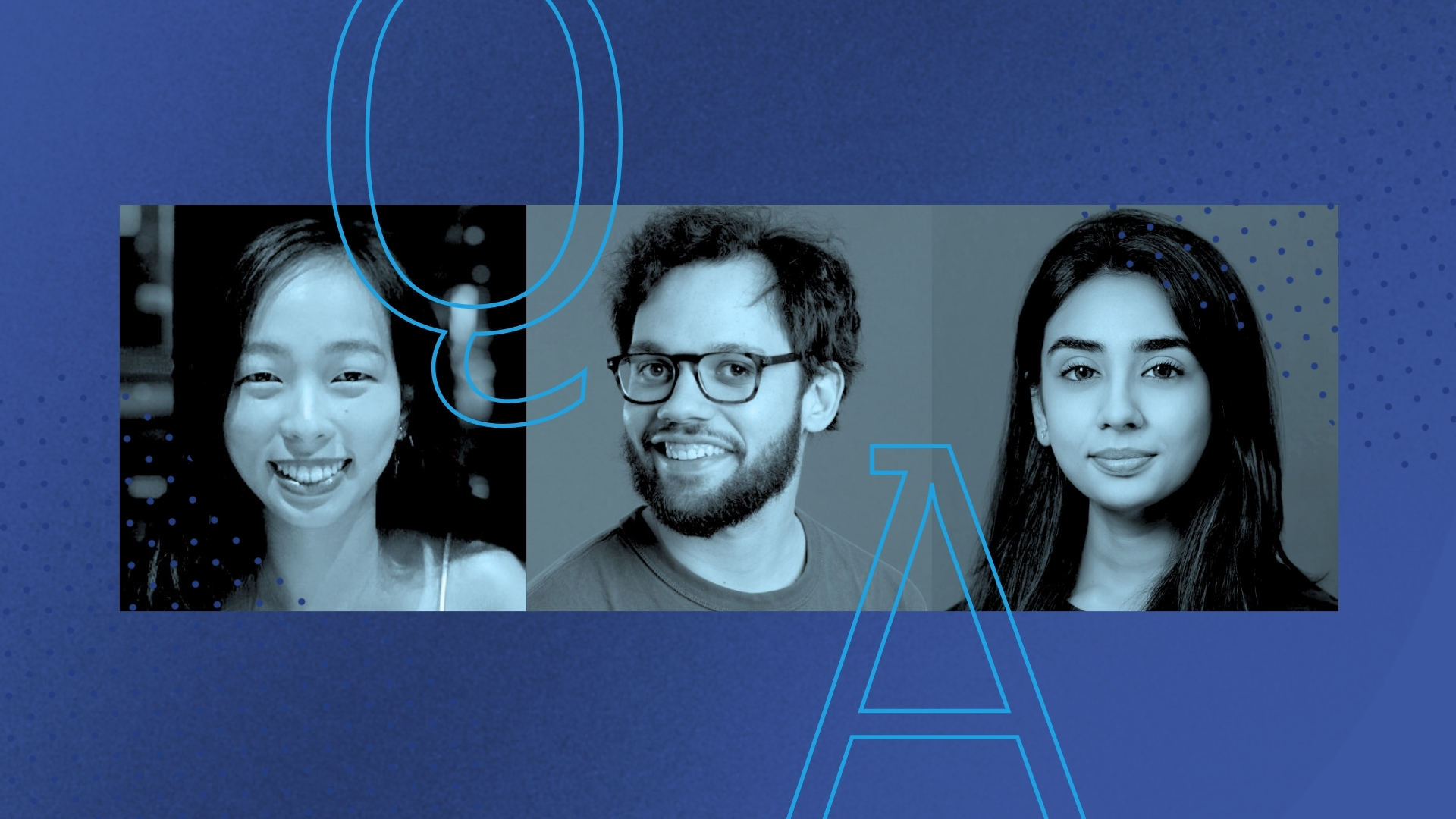What do Global Bachelor of Business Administration (GBBA) graduates go on to do in the working world? Alumni Janice Liu, Simran Hathiramani, and Bryan Blanchot give us the lowdown on what they do, how they got here, and how ESSEC has prepared them.
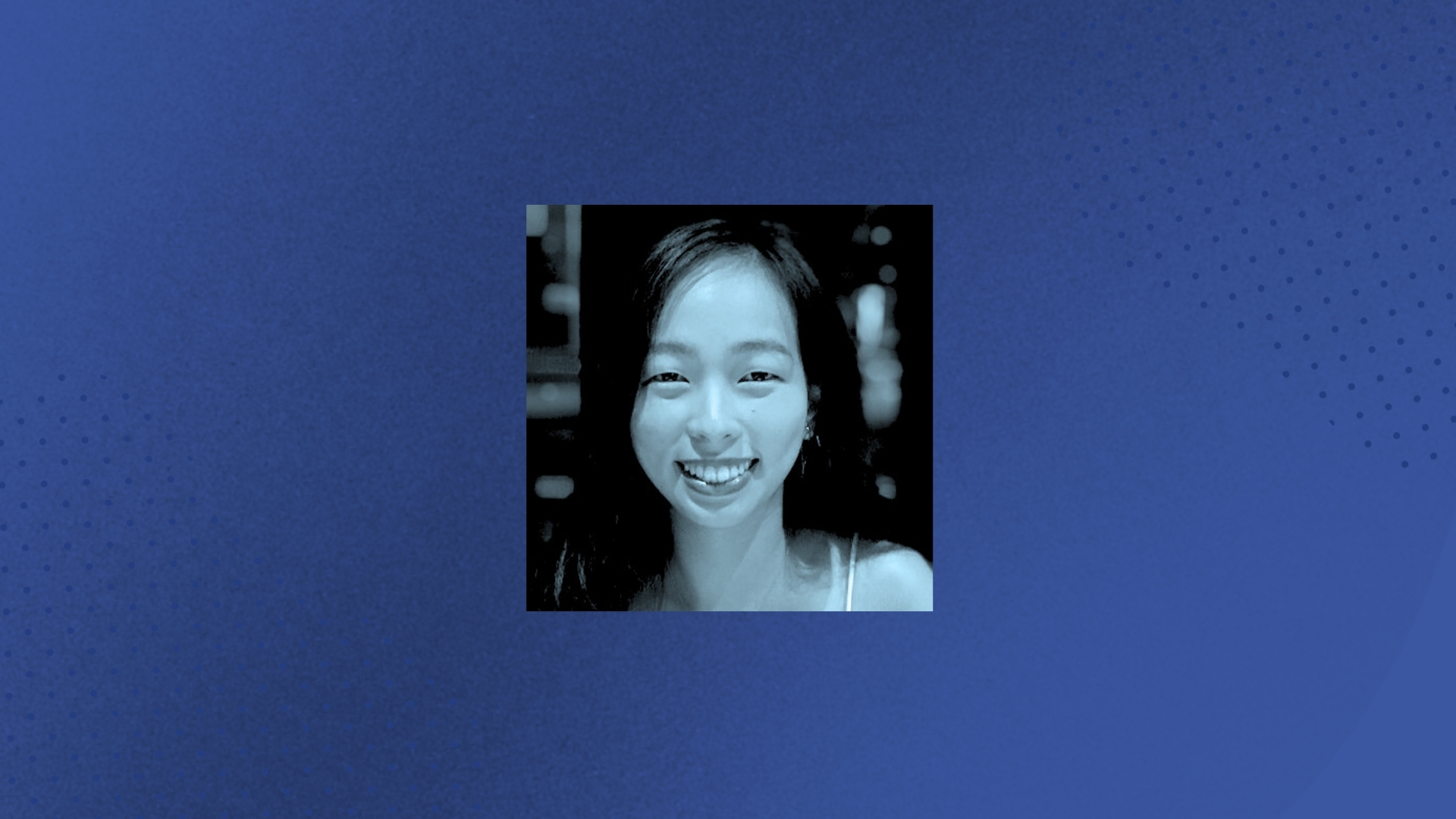
Janice Liu
Unilever Future Leaders Program (UFLP) Management Trainee
The ULFP is a 3-year program for graduates to rotate between placements within and across functions in preparation for business leadership roles.
What motivated you to take on the UFLP, and what has your journey so far been like?
I started with a digital commerce sales role for six months, and now I’m currently doing a HR business partner role for Unilever’s Nutrition Business.
To put it simply, this is like being a HR consultant. We sit with business leaders, understand their challenges, and provide suggestions and solutions from the HR perspective.
I work with the Singapore, Malaysia, and Thailand markets, so I’m in Bangkok until May 2023, when I return to Singapore for my next rotation.
I felt the UFLP made sense for me because I’m still exploring the exact role I’m interested in within the HR sphere and didn’t want to pigeonhole myself into one particular area so early on.
Letting me change roles every six to 12 months, the ULFP, would give me the exposure I need to make an informed decision.
Did you always know you were interested in HR?
Actually, no. I was always more of a marketing student. However, I came across a HR-related summer internship for L’Oreal in Taiwan and gave it a shot.
The environment was perfect—I received mentorship and worked under great leaders. The experience helped me discover my passion for HR and the FMCG industry.
How has your time in the GBBA program helped you in your role so far?
Definitely, the diversity on campus and exchange programs. After working with classmates from different countries, I don’t feel like I struggle to communicate with people from different cultures, which is an asset when working in an international company.
I also did a double-degree program with Keio University in Japan, which has made moving to Bangkok for work this time so much easier.
Also, at ESSEC, we don’t officially “specialize.” Instead, we are exposed to many different things. I feel that I’ve learned about all the other functions of a business, which adds value to my work now.

Simran Hathiramani
Investor at January Capital
As an investor, Simran’s role involves sourcing, due diligence, and executing tech-focused venture capital investments in Southeast Asia and India.
We understand you are at a private equity firm now. How did you know you were keen on this area of finance?
My first internship with Landmark Group made me interested in the finance industry. As someone just entering, it can seem intimidating with all the numbers thrown at you and the data to process.
However, I had an excellent team that gave me a more macro project that covered the broader regional landscape and a second, more micro-focused project that delved into a specific sector.
This helped me understand the finance landscape and where my preferences might lie.
During my final internship at J.P. Morgan, the company allowed me to meet with department heads to determine where I would be a good fit.
I ended up with the equity sales team and had a project to analyze the impact of the pandemic on two asset classes. It was perfect for me, and that’s when I knew I wanted to work in private equity.
That said, finance is a very competitive sector. What do you think helped you secure your role?
ESSEC students have an added edge because we have three compulsory internships, which adds up to around 10 months of work experience.
You’re more likely to be hired when you have more work experience than someone else. I completed around nine internships during my time at ESSEC.
Across my journey, I’ve found networking is vital. Take, for example, my internship at J.P. Morgan.
I was interviewing with a different team, and they were impressed that I followed up after the interview, so they recommended me to another team, which eventually brought me into the firm.
Nine internships are an impressive number. Besides skills, what else has it taught you about finance?
Some finance people genuinely want to take the time and effort to nurture new talent. I wouldn’t just go with a “big name” but also focus on finding a good core team—because you can make anything work with a good core team.
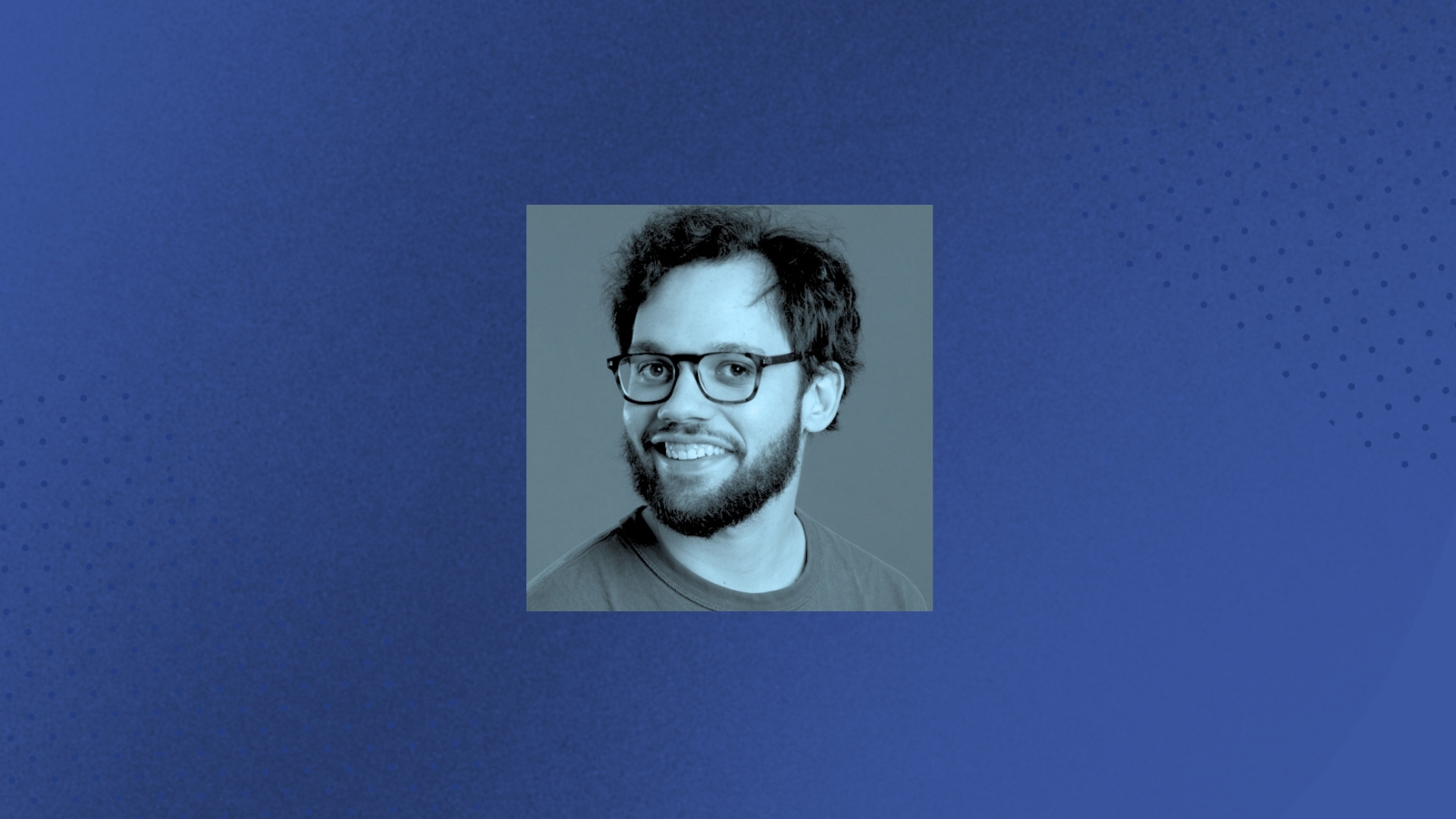
Bryan Blanchot
Global Marketing Manager at Shine
Bryan joined the tech firm Shine as a junior digital marketer. Just as the startup grew from 40 to 220 people, his role expanded, too.
What does a marketer in a startup do?
As a junior digital marketer, I managed the company’s online ad campaigns, set up email campaigns, and did some content optimization. I’m on the team in charge of our offline media campaigns.
A typical day might include briefing creative agencies on our next TV or radio ads, meeting TV channels to negotiate the best placements, and structuring our brand messaging.
Besides having marketing knowledge, it’s also essential to pick up new subjects quickly–especially in a startup environment where your job today might be completely different from your job tomorrow.
How did ESSEC support your career journey?
Although I’ve been interested in marketing since high school, ESSEC strengthened my preference for it throughout the GBBA by allowing me to work as Prof. Reetika Gupta’s (currently the Deputy Dean of ESSEC APAC since September 2022) research assistant on a marketing project and create the Marketing Club at the Asia-Pacific campus.
The fact that the GBBA curriculum exposed us to so many different business functions has helped me better understand the jobs of my colleagues so we can work together better.
It’s also trained me to be curious, which is partly why I’ve been able to transition from a data-driven digital marketing role to a more conceptual and creative brand marketing one.
Finally, moving from France to Singapore at 18 taught me to adapt.
I am confident I can manage whenever I join a new environment or face a task I’ve never done.
So, what are your plans for the future?
I like how marketing combines creativity, psychology, and scientific reasoning uniquely. It’s not often that you get to see that combination in business disciplines.
So, I hope that at some point, I’ll be responsible for the entire marketing function of a small startup, preferably in another country—maybe even in Singapore.
RELATED POSTS
MiF Student Emmanuelle Roussi: Global Journey from Engineering to Finance with ESSEC APAC
Follow Emmanuelle Roussi’s path from electrical engineering to finance, and how ESSEC Asia-Pacific supported her career transition.
MMD Student Vanessa Lai: From Global Paths to Purposeful Branding
Vanessa Lai’s MMD story on building global perspective in branding, fashion and the figure of luxury marketing.
From Law to Strategy: SMIB Student Mara Mittelman’s Global Business Journey in Singapore
ESSEC's Master in Strategy & Management of International Business Student Mara Mittelman from France shares how the program is a stepping stone to a…
GBBA Student Victoire Le Roy: A Journey of Leadership, Internships, and Marathons
French national Victorie Le Roy has fully embraced student life at the Asia-Pacific campus—from her role in the Student Council to her internship at…
GBBA Student Li Hanyu: Combining Classroom Knowledge and Real-World Experience
Discover how Li Hanyu is shaping her academic path at ESSEC with real-world experience at DIDI and an exciting exchange at NTU
GBBA Student Nithikasri Ravi: From Science to Business and Beyond
Attracted by ESSEC’s world-class education and focus on entrepreneurship, Nithikasri Ravi transitioned from a science background to pursue business…
